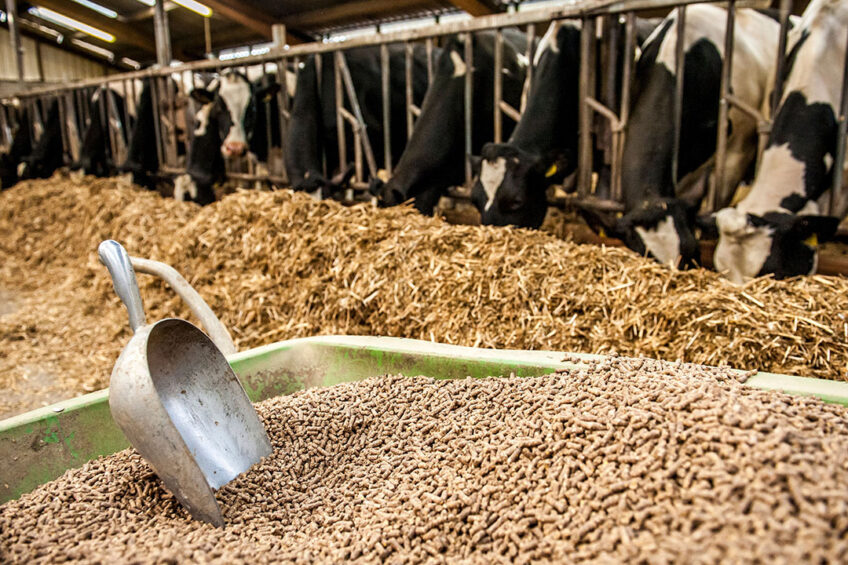Reducing disease risk from feed storage units

Risks of disease in animal feed storage units have been outlined in a new report by the UK Government, following a survey of cattle farmers carried out last year.
Advice from Defra in the report includes the importance of cleaning animal feed storage units, containers and equipment regularly, to avoid unnecessary contamination and reduce the risk of on-farm disease,
Regular cleaning of feed storage is vital to maintain the health and welfare of stock, and also reducing the potential risk of Bovine Spongiform Encephalopathy (BSE) from old, potentially contaminated feed residue in storage units.
BSE case reduced but not gone
BSE in cattle was caused by cattle eating rendered anima products contaminated with the BSE agent. Due to a ban in 1996 on animal proteins in feed for farm animals, cases of classical BSE are now rare, but cases do still occasionally occur. The number of classical BSE cases have fallen from their height of 36,000 cases in 1992 to just 7 in the last 10 years. The most recent case in Somerset in 2021 was potentially linked to a feed silo which had not been thoroughly cleaned out since before August 1996 due to the design and location and may have contained residual contaminated feed.
To further reduce the potential risk of BSE from feed predating 1 August 1996, Defra’s Animal and Plant Health Agency, is strongly recommending that silos that pre-date that period are decommissioned and replaced, especially if they are difficult or hazardous to clean.
Cleaning methods
The APHA says dry or vacuum methods are preferred for removal of feed residues, followed by use of disinfectant to ensure the best hygiene and that if cleaning silos are likely to be difficult or hazardous to farmer health and safety, professional cleaning services are recommended.
The advice includes:
- Cleaning advice and methods: Farmers should establish a system to regularly empty and clean storage units. Do this before every feed consignments, aiming for at least every 12 months. To minimise contamination risk you should avoid moisture
- Residue recommendations: Utilise dry or vacuum methods to remove feed residues, particularly in joints and grooves and thoroughly clean troughs and hoppers.
- Disinfecting advice: Apply a suitable disinfectant after cleaning especially with wet methods and dry your storage facility before refilling.
- Organisation ideas: Consider the type and condition of your stored products, which should be clean, dry and orderly with enough space to separate each product and for each product to be easily identified.
- Record-keeping: Keep detailed records of cleaning activities, noting date, time, location, areas or equipment cleaned, and cleaning products used. Retain records for at least 7 years.







